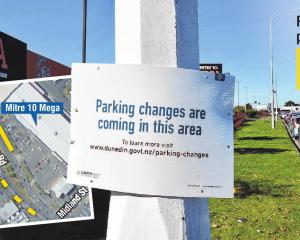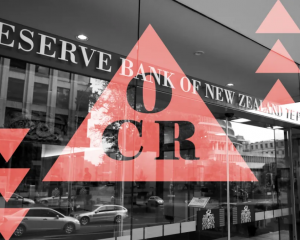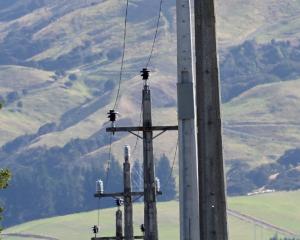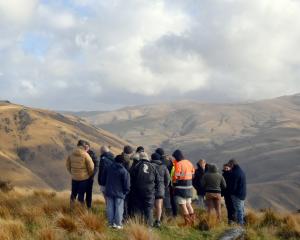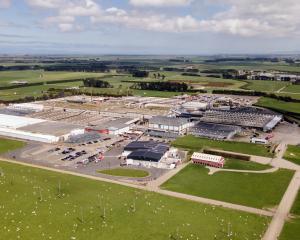
The Westpac McDermott Miller Employment Confidence index, released yesterday, gave Southland a confidence rating of 106.9, down 8.4 points on September.
Unemployment in Southland rose during 2017 and most parts of the agricultural sector were facing challenging conditions.
Westpac senior economist Satish Ranchhod said that meant households there had become increasingly nervous about their employment prospects.
Otago confidence rose 3.1 points in the December quarter to 112.
The national index rose slightly to 113.9 in December, its highest level since 2008 - before the New Zealand economy felt the brunt of the global financial crisis.
''New Zealand households are feeling optimistic about their job prospects going into a new year,'' Mr Ranchhod said.
Otago Chamber of Commerce chief executive Dougal McGowan said one of the underlying concerns in Southland was about the Government's ''no fees'' tertiary education policy and how it might affect SIT student numbers.
''People aren't sure what will happen. Enrolments are reported up in universities and polytechnics around New Zealand and that could affect the future of SIT.
''Students bring a huge amount of money to Invercargill.''
New Zealand workers were reporting jobs availability was the best it had been in nearly a decade and they expected it would continue to improve in the coming year.
Mr Ranchhod said despite the improved jobs outlook, most households remained pessimistic about their chances of getting a pay rise this year.
The number of workers who expected to receive a pay rise in the coming year had fallen for a third consecutive quarter and was at about the levels seen during the global financial crisis.
Nervousness about earnings growth was widespread and was in evidence across most income groups, Mr Ranchhod said.
The exception was those households earning less than $30,000 a year, who were the most optimistic about the chances of a pay rise in seven years.
The number of households in that income bracket reporting they received a pay increase in the past 12 months had risen sharply since the start of last year.
In part, the lift in earnings expectations would be related to the strengthening in employment prospects during the past year and the unemployment rate dropping to a nine-year low in 2017.
It was also likely many of those households were set to benefit from planned increases in the minimum wage in coming years.
The December survey interviews took place when the Labour, New Zealand First and Greens Government was starting to indicate its intentions.
McDermott Miller strategy managing director Richard Miller said it seemed clear the sentiment of various categories of employees had been influenced by the outcome of the election.
''Some categories who were pessimistic under the previous government are less so now and others more.''
The election also seemed to have shaken the confidence of consumers in the private sector more than those in the public sector, he said.
The private sector employment confidence index dropped 8.9 points to 110.5, while public sector optimism increased, up nine points to 116.7.
It was the first time the public sector had been more optimistic than the private sector since June 2009.
''This helps explain the divergence in employment confidence of Auckland, the main private sector employment centre, and Wellington, the main public service centre.''




